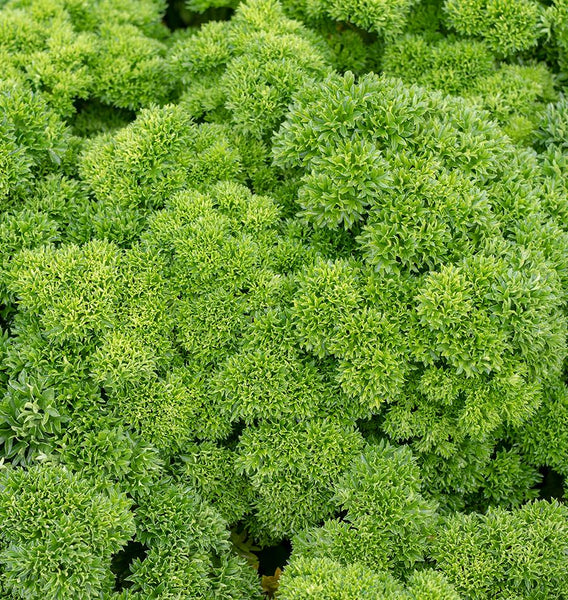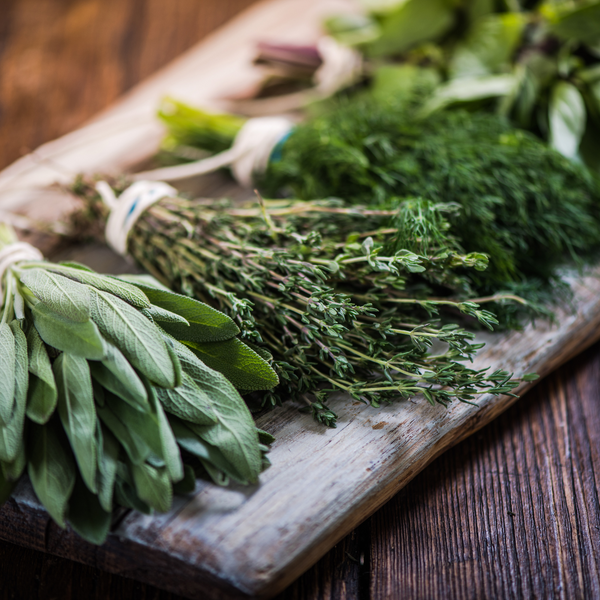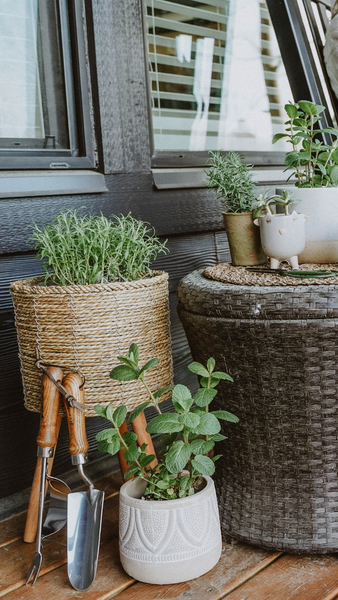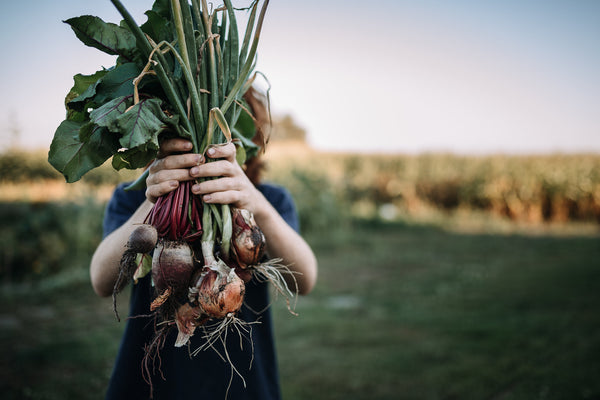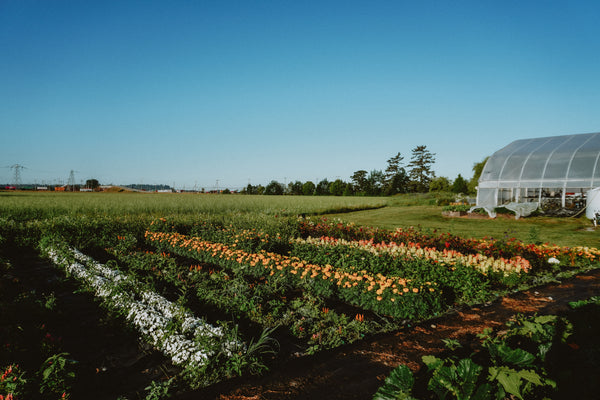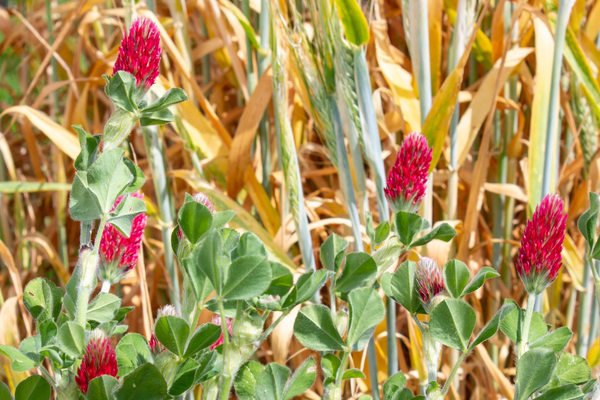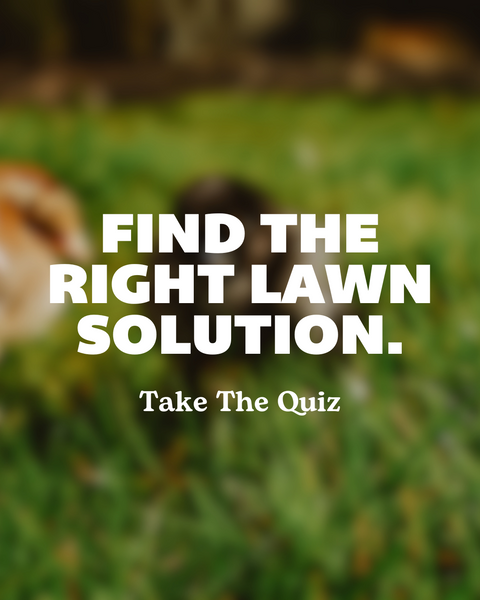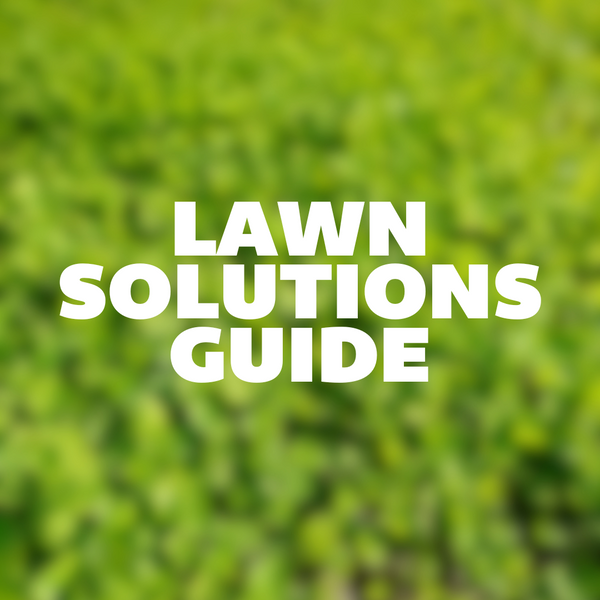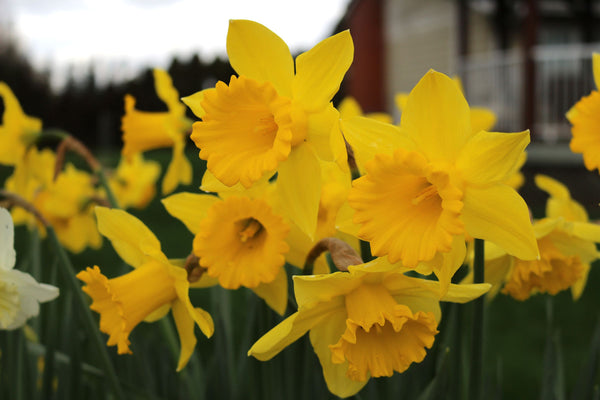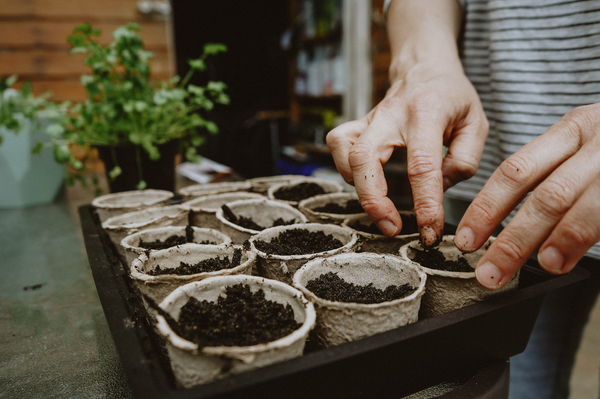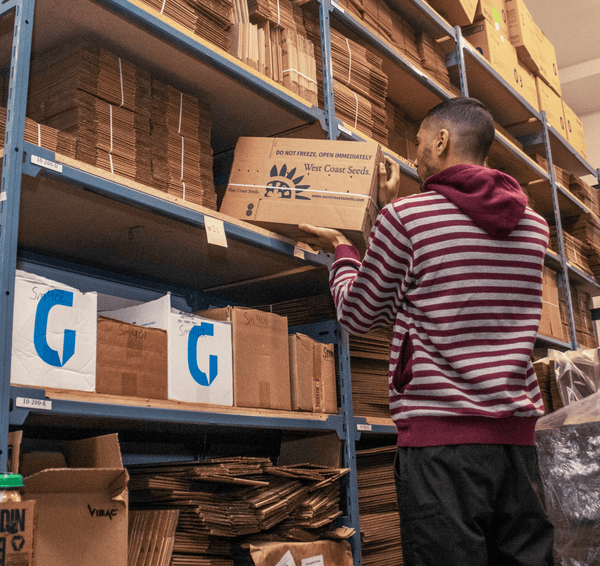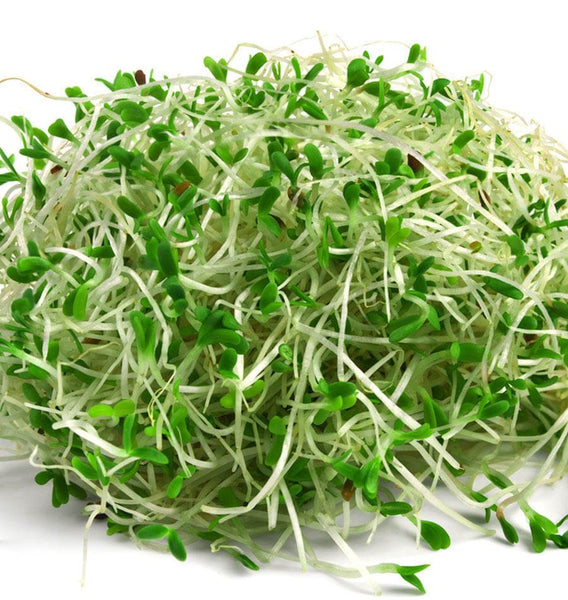Peppers are tropical plants that need lots of heat to be productive. Well grown in a warm summer, they are the gardener’s triumph. Hot peppers often do better in a cool summer than the large bell peppers. If the hot peppers have not coloured up fully on pepper plants, pull up the whole plant and hang in a warm dry area. Continue reading below for tips on how to grow peppers from seed.
Latin
Capsicum annuum, C. baccatum, and C. chinense
Family: Solanaceae
Difficulty
Moderately difficult
Season & Zone
Season: Warm season.
Exposure: Full-sun
Timing
Peppers need plenty of time to mature before they will bloom and set fruit. Start indoors six to eight weeks before the last frost date, and grow under bright lights. Transplant only when weather has really warmed up. Night time low temperatures should be consistently above 12°C (55°F) before hardening off pepper plants and transplanting outdoors. Soil temperature for germination: 25-29°C (78-85°F). Seeds should sprout in 10 – 21 days.
Starting
Sow indoors 5mm-1cm (¼-½”) deep. Keep soil as warm as possible. Seedling heating mats speed germination. Try to keep seedlings at 18-24°C (64-75°F) in the day, and 16-18°C (61-64°F) at night. Before they become root-bound, transplant them into 8cm (3″) pots. For greatest possible flower set, try to keep them for 4 weeks at night, about 12°C (55°F). Then transplant them into 15cm (6″) pots, bringing them into a warm room at night, about 21°C (70°F).
Days to Maturity: From transplant date.
Growing
Soil should have abundant phosphorus and calcium, so add lime and compost to the bed at least three weeks prior to transplanting. Mix ½ cup of balanced organic fertilizer beneath each plant. Though peppers will tolerate dry soil, they will only put on good growth if kept moist. Harden off before planting out 30-60cm (12-24″) apart. Five gallon containers also work well, but require good drainage and regular irrigation. Using plastic mulch with a cloche can increase the temperature by a few degrees. Pinch back growing tips to encourage leaf production. This helps shade the developing fruits and prevents sun-scald in hot summers.
Harvest
Fruit can be picked once it is firm and has reached desired size, however, sweetness can increase dramatically as the fruit ripens. If you pick the peppers when they are still young/green, the plant will keep producing more fruit. Fruit that sets after late August will not usually develop or ripen. Pull out the entire bush just before the first frost and hang it upside down in a warm, dry place to ripen hot peppers.
Seed Info
In optimal conditions at least 65% of seeds will germinate. Usual seed life: 2 years.
Diseases & Pests
To prevent rot and wilt, plant in well-drained soils and follow a strict 4-year crop rotation.
If cutworms are a problem, use paper collars at the plant base. Tobacco mosaic virus (TMV): young growth is malformed and leaves are mottled with yellow. To prevent it: wash hands after handling tobacco (including Nicotiana), before touching peppers. Control aphids, which spread the disease.
Companion Planting
Pepper plants make good neighbours for asparagus, basil, carrots, cucumbers, eggplant, endive, oregano, parsley, rosemary, squash, Swiss chard, and tomatoes. Avoid planting them next to beans, Brassicas, or fennel.
More on Companion Planting.
Read more About Peppers.
